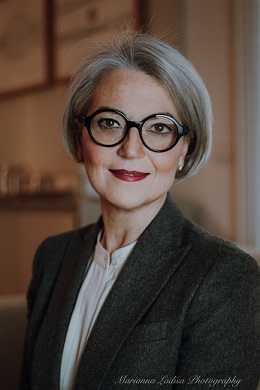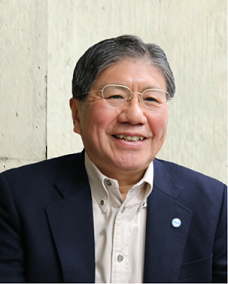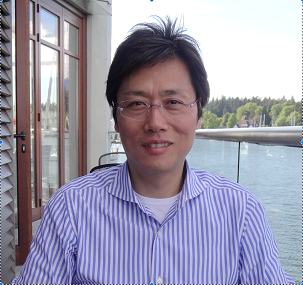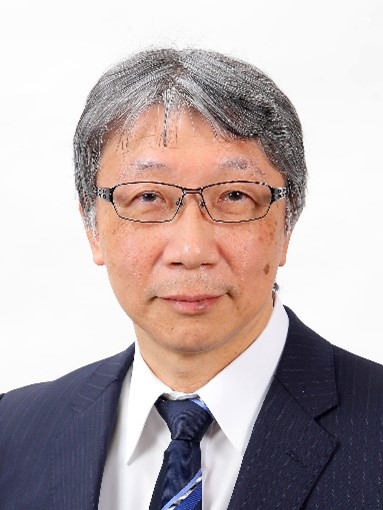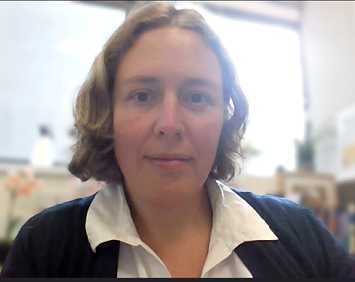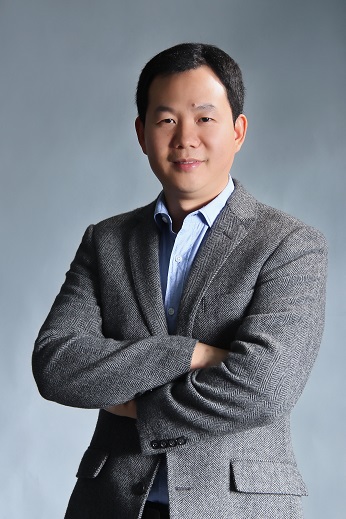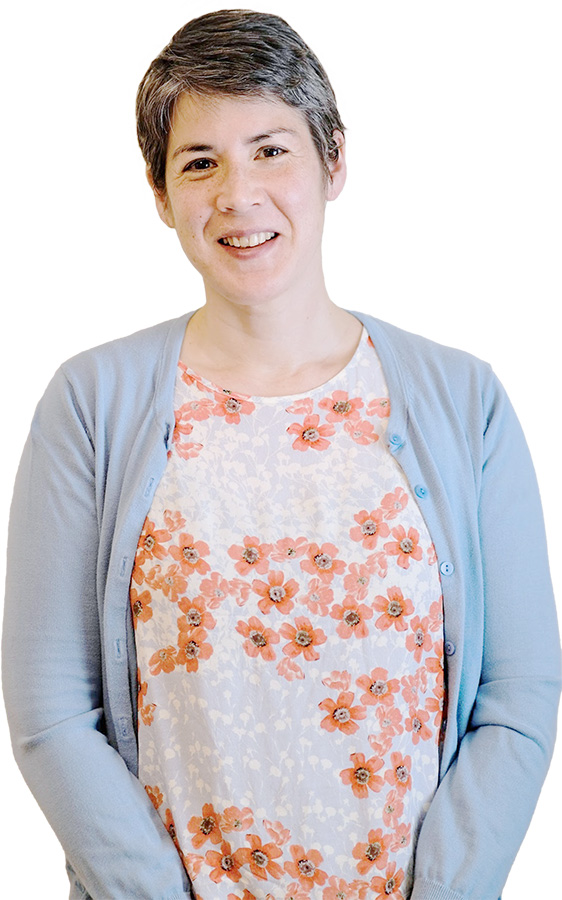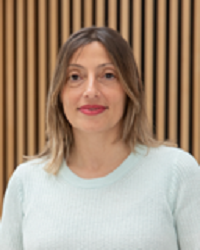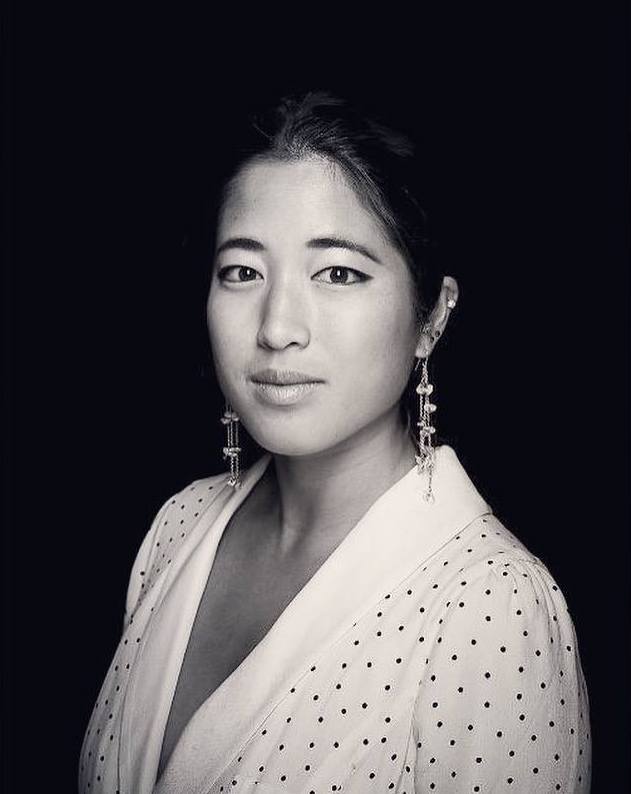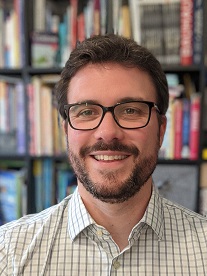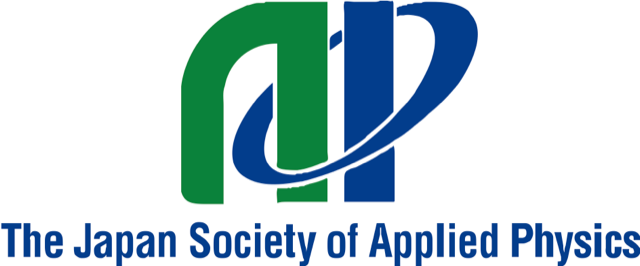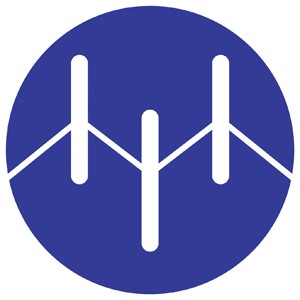Welcome
Join us in Osaka in November 2023 for this latest addition to our Faraday Discussion series. For over 100 years and 300 meetings, Faraday Discussions have led the conversation in the sciences lying between chemistry, physics and biology. Many Discussions have become landmark meetings in their field, with their unique format allowing for in-depth discussions and opportunities to establish new collaborations.This meeting is for established and early-career scientists, post-graduate students and industrial researchers interested in organic photonics and electronics, covering thermoelectrics, optoelectronics, batteries and bioelectronics.
Oral and poster presentation opportunities are available to all, and we invite you to submit an oral or poster abstract to make your contribution alongside leaders in the field.
On behalf of the organising committee, I look forward to welcoming you to Osaka, Japan.
Youhei Takeda
Osaka University and Conference Chair
Format
Faraday Discussions remain amongst the only conferences to distribute the speakers’ research papers in advance, allowing the majority of each meeting to be devoted to discussion in which all delegates can participate. Following each meeting a written record of the discussion is published alongside the papers in the Faraday Discussion journal. Find out more in the video available.Themes
The aim of this meeting is to bring together researchers working across organic photonics and electronics.Organic photovoltaics (OPVs), organic field-effect transistors (OFETs), and organic light-emitting diodes (OLEDs) are everywhere around us. These components are crucial for our future and are the main building blocks in many future technologies. The IoT (Internet of Things) wouldn’t be possible if not for flexible, thin and SMART electronics. The progress in processing technologies and the performances of OPVs, OFETs, and OLEDs has been significantly enhanced over the last decade, and some materials are already commercialised in the form of displays, lighting, and solar cells. But these days, that’s not enough - one material, one role, one goal is not enough. These days scientists must not be smart, but smarter, and for that our materials and technologies must go beyond current knowledge, and occupy multiple-roles.
This Discussion will cover a wide range of topical subjects across organic photonics and electronics and related fields: for example, synthetic strategies and methods for photonic and electronic π-conjugated materials, experimental and theoretical analytical methods for probing fundamental aspects of exotic excitonic phenomena and applications thereof, and printed and bio-photonic and electronic applications. As related topics, talks on energy-conversion organic devices such as OPVs, thermoelectrics and next-generation batteries based on organic materials will be included. Furthermore, any interdisciplinary and exciting topics from chemistry, physics, biology, and integrated fields will be encouraged from our invited speakers. The Faraday Discussion is a perfect format for these topics, since the papers and discussions will focus on solutions to current challenges, such as efficient blue OLEDs with much longer lifetimes, the integration of single devices into multifunctional systems, electrically driven lasers, OPVs with efficiencies breaking the 20% barrier but with long lifetimes in mind.
The Faraday Discussion will be organised into the following themes:
Organic thermoelectrics
Organic electronics, mainly due to advancements in OLED (Organic Light Emitting Diode) technology, is a fast-developing research area, having already revolutionised the displays market. There is one limiting factor in all organic electronic devices, the factor which causes low device efficiency and degradation of materials and devices - HEAT. The problem with heat dissipation and extraction from an actual working device is a crucial problem to overcome, especially if we think about future, denser and more sophisticated organic devices like organic laser diodes. This session will address the HEAT problem in organic electronic devices and find a way to remove or use the thermal energy. Organic thermoelectric materials are crucial to solve such problems in organic electronics. It’s important to develop new and more efficient small molecule and polymer materials which could be used in high vacuum thermal evaporation or solution processing. This session would like to approach this non-trivial problem from a broader perspective to obtain a particular answer to the mechanism involved in energy transfer in order to increase the efficiency of other organic electronic elements. As a relevant topic, research on organic photovoltaics will also be welcome.
Excitonic organic materials for photochemical and optoelectronic applications
Excitonic organic materials can be used in huge numbers of photonic and optoelectronic applications, such as organic light-emitting diodes (OLEDs) and organic semiconducting lasers (OSLs). Additionally, mutli-excitonic phenomena such as photon up-conversion and singlet fission have emerged as promising solutions toward enhancing the efficiency of sunlight-powered devices. This session will bring together experts on these exciton processes to discuss this interdisciplinary topic with a clear focus on the development, understanding and applications of excitonic materials in photochemical and optoelectronic devices.
Organic batteries
Next-generation batteries based on organic electrode materials will be covered in this session. This topic ties in well with the overall meeting topic and the other sessions, since other organic electronic devices either produce electrical energy (OPV) or use electricity (OLEDs, OSLs). Replacing toxic and non-sustainable transition-metal-based battery materials by organics is a hot research topic and allows for new battery formats, such as thin, printable and bendable devices.
Organic neuromorphics and bioelectoronics
Imagine a computer that processes information like our brains – energy efficient and able to learn. Five percent of the world’s electricity is used by ICT infrastructure. With continuing digitalisation, energy usage is bound to increase. To avoid an energy crisis, computers clearly need to become more energy-efficient. With energy-consumption issues associated with screens/displays already being addressed, the focus is now shifting to reducing the actual power cost of computing and data processing itself. World-wide, researchers from different fields are combining efforts in the hope of saving energy when computing: e.g., by linking material physics with neuroscience. Recently, organic electrochemical transistors (OECTs) were used as an artificial synapse for brain-inspired computing. The OECT typically consists of a conducting polymer channel and a gate electrode which are connected with each other through an electrolyte. Under the application of a gate voltage, ions from the electrolyte are injected to the conducting polymer and change its doping level, modulating the hole current that flows through the channel. Such battery-like devices have extremely low energy consumption during switching, combined with the long retention time of the electrical conductance of more than 500 ‘analogue’ levels. This is far better than what inorganic technologies, developed in the past decade for the realisation of artificial synaptic or neuromorphic devices, have delivered. This session will cover a wide range of topics on organic neuromorphics and bioelectronics.




